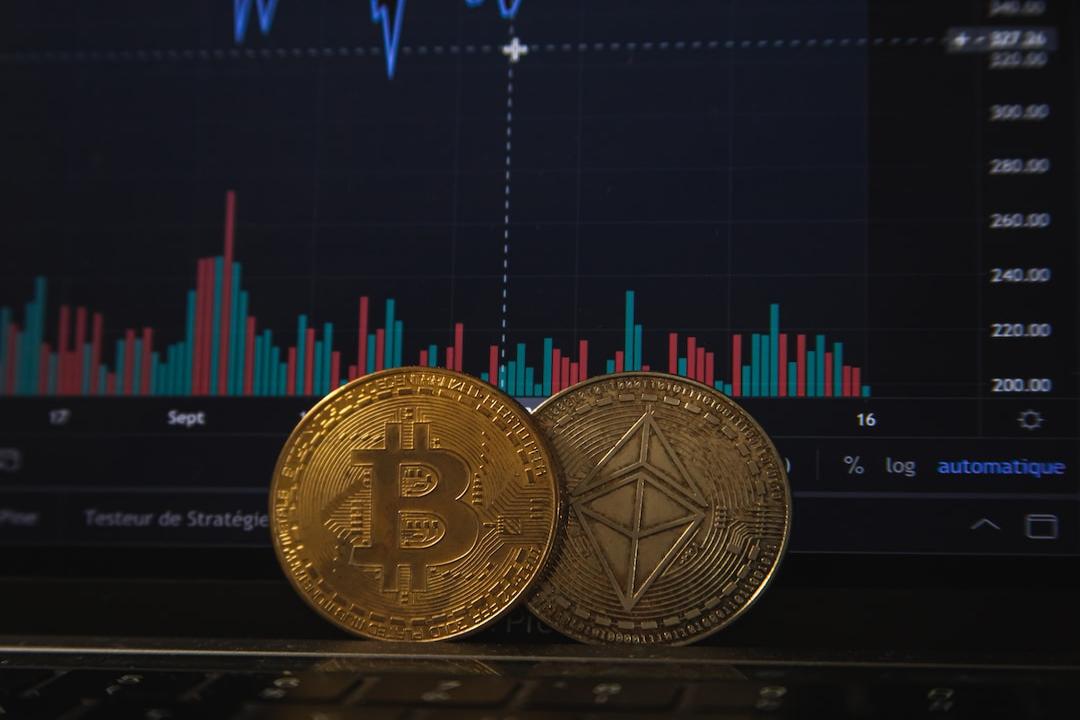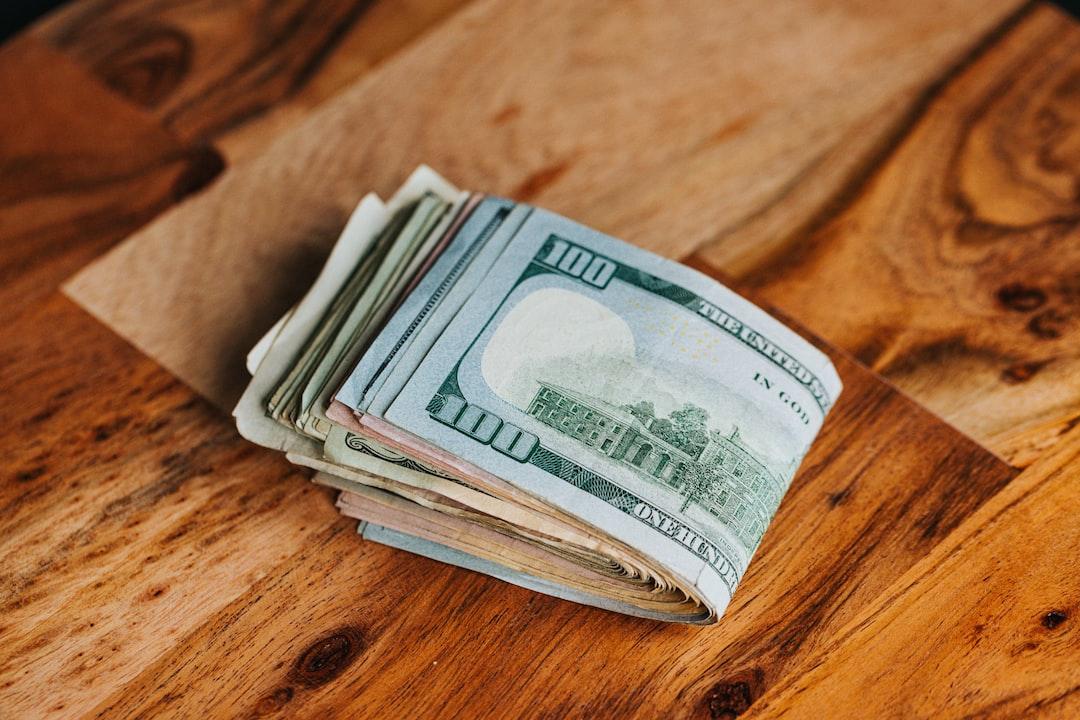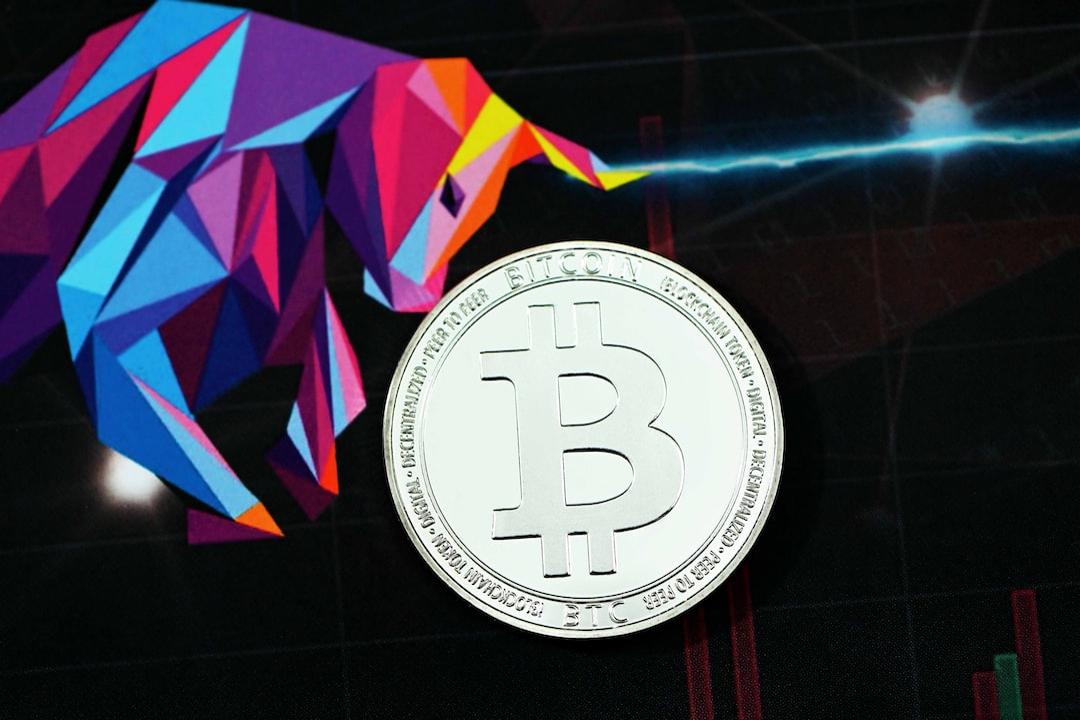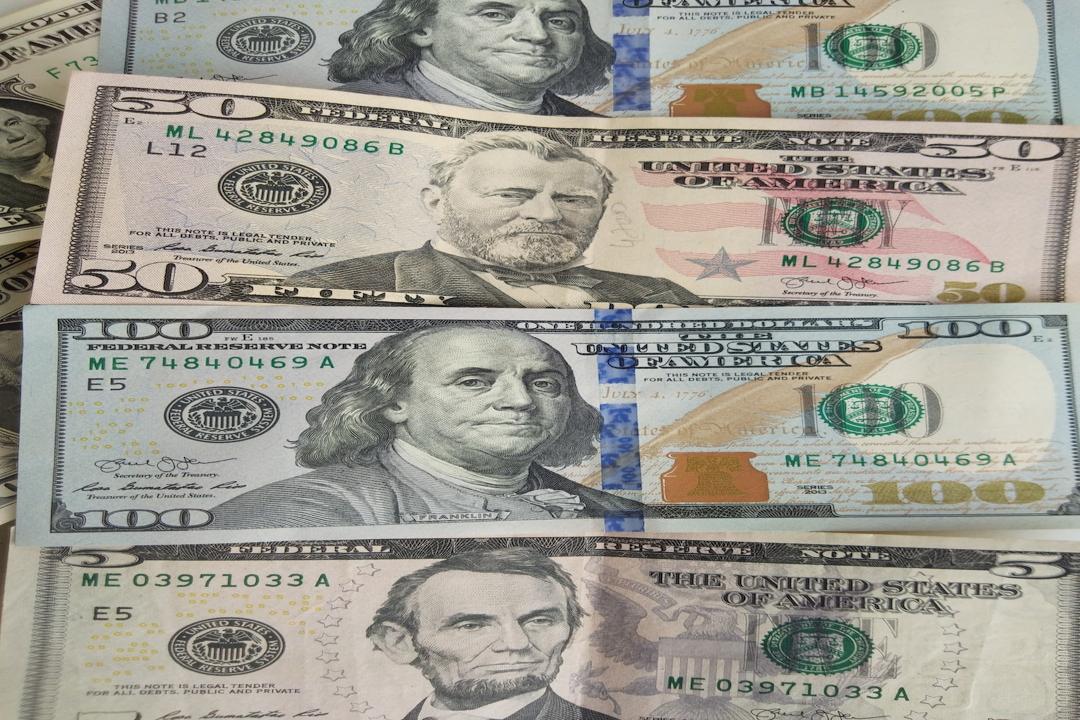Despite Signing an Agreement with the IMF, El Salvador Continues to Expand Bitcoin Reserves
Despite El Salvador signing an agreement with the IMF to halt direct purchases of Bitcoin by public sector entities, recent data from El Salvador’s wallet addresses indicates that the country’s Bitcoin Office continues to quietly expand its national Bitcoin reserves. Over the past month, the country has acquired an additional 32 BTC, valued at over $650,000, bringing its total Bitcoin holdings to 6,161.18 BTC, worth approximately $584 million.
(Background: El Salvador Can No Longer Dollar-Cost Average Bitcoin? Agreement with IMF for $1.4 Billion Loan Will Limit BTC Purchases)
(Additional Context: Embracing Bitcoin + Effective Crackdown! El Salvador Expects 3.9 Million Tourists in 2024, a 22% Year-on-Year Record High)
El Salvador’s Continued Engagement with Bitcoin
The Central American nation of El Salvador, which has actively embraced Bitcoin, signed a $1.4 billion loan agreement with the International Monetary Fund (IMF) in December 2024 to support its economic and fiscal reforms. To achieve this agreement, El Salvador committed to halting direct purchases of Bitcoin by public sector entities to meet the IMF’s loan conditions.
Additionally, Bitcoin-related projects involving the public sector, such as the Chivo wallet and Fidebitcoin trust, also need to be reduced or adjusted. As a further concession, El Salvador’s legislative body passed a Bitcoin Law amendment in January 2025, removing Bitcoin’s mandatory legal tender status in private transactions and prohibiting tax payments in Bitcoin starting May 1 of this year. All of this seems to gradually undermine El Salvador’s Bitcoin strategy.
El Salvador’s Bitcoin Office Continues Acquisitions
However, recent data from El Salvador’s wallet addresses indicates that the Bitcoin Office is still quietly expanding its national Bitcoin reserves. Over the past month, the country has added another 32 BTC, valued at over $650,000, bringing its total Bitcoin holdings to 6,161.18 BTC, approximately worth $584 million, consistent with El Salvador’s “one Bitcoin a day” policy implemented since 2021. Yet, it is perplexing that Rodrigo Valdes, Director of the IMF’s Western Hemisphere Department, stated at a recent regional economic outlook press conference:
“Regarding El Salvador, I can confirm that they continue to adhere to the commitment of the overall treasury not accumulating Bitcoin, which is our performance standard.”
This raises the question: why can El Salvador continue purchasing Bitcoin under IMF restrictions without violating the loan agreement? The key lies in the fact that El Salvador’s Bitcoin Office operates outside the technical definition of the treasury. While the IMF’s regulations prohibit the government from directly purchasing Bitcoin, this unique operational space allows the Bitcoin Office to purchase small amounts of Bitcoin daily without violating the loan agreement.
This flexible operation enables El Salvador to maintain its Bitcoin strategy while complying with international commitments.

Why Does the IMF Limit El Salvador’s Bitcoin Strategy?
As for why the IMF imposes restrictions on El Salvador regarding Bitcoin, it is primarily due to concerns over financial stability. The IMF considers Bitcoin to be a highly volatile asset that could exacerbate the financial risks faced by El Salvador, particularly as the country’s debt reaches 85% of its GDP. The institution worries that excessive government investment in Bitcoin could undermine its ability to allocate fiscal resources for debt reduction and structural reforms. Additionally, Bitcoin’s anonymity and decentralized nature may implicate money laundering, which contradicts the IMF’s goals of promoting financial transparency.
Nevertheless, El Salvador’s insistence on purchasing Bitcoin still holds positive implications. President Nayib Bukele believes that Bitcoin is not only a symbol of financial innovation but also enhances El Salvador’s global visibility, attracting tech investments and boosting the tourism sector. According to the latest data from Bitcoin Treasuries, El Salvador has now become the sixth-largest sovereign holder of Bitcoin globally, trailing only the United States, China, the United Kingdom, Ukraine, and Bhutan.


Related Reports
- Can El Salvador No Longer Dollar-Cost Average Bitcoin? Agreement with IMF for $1.4 Billion Loan Will Limit BTC Purchases
- Argentina Collaborates with El Salvador to Sign Cryptocurrency Industry Cooperation Agreement; Will It Become the Next Bitcoin Nation?
- El Salvador President Displays Data: BTC Returns Exceed 133%! Have Local Citizens Made a Fortune?

